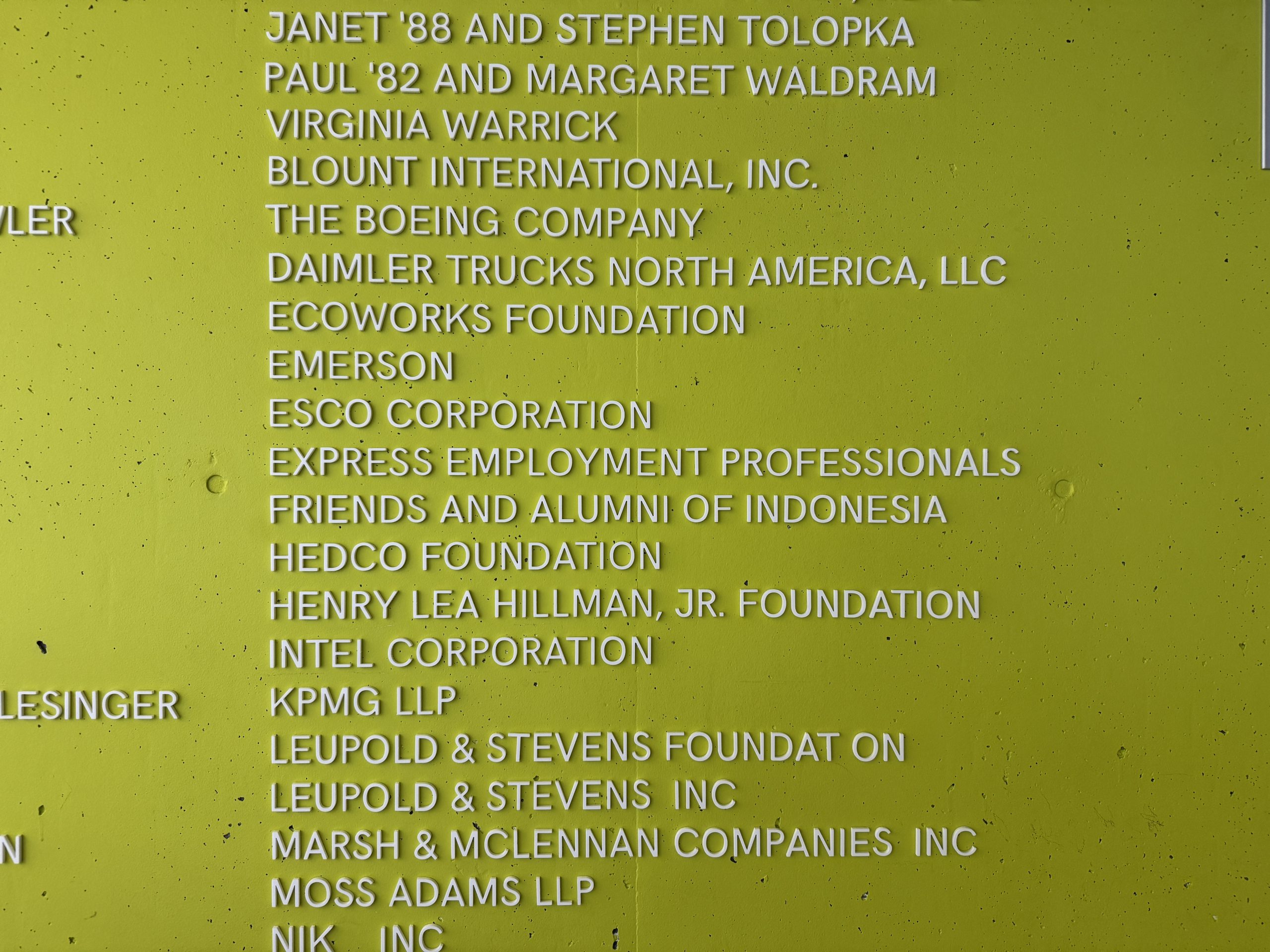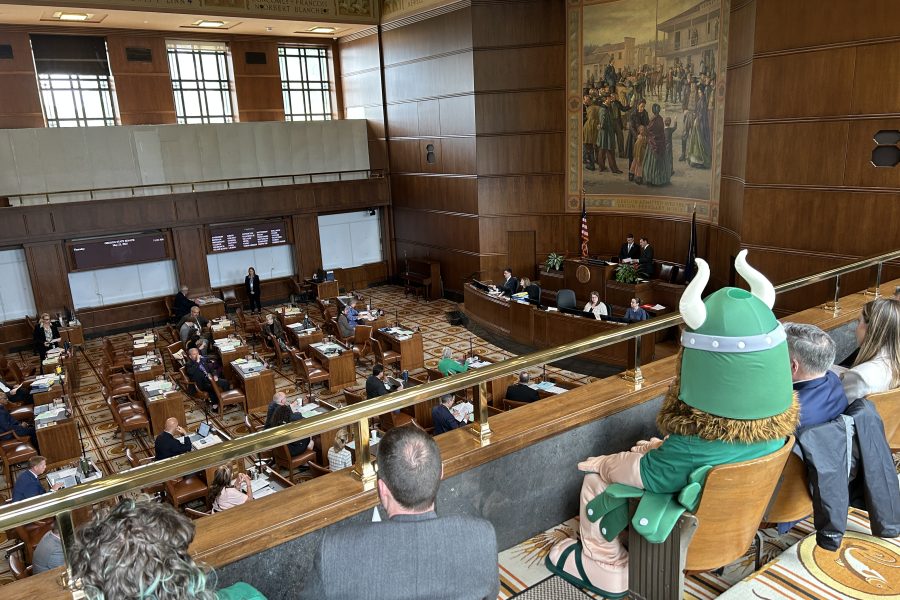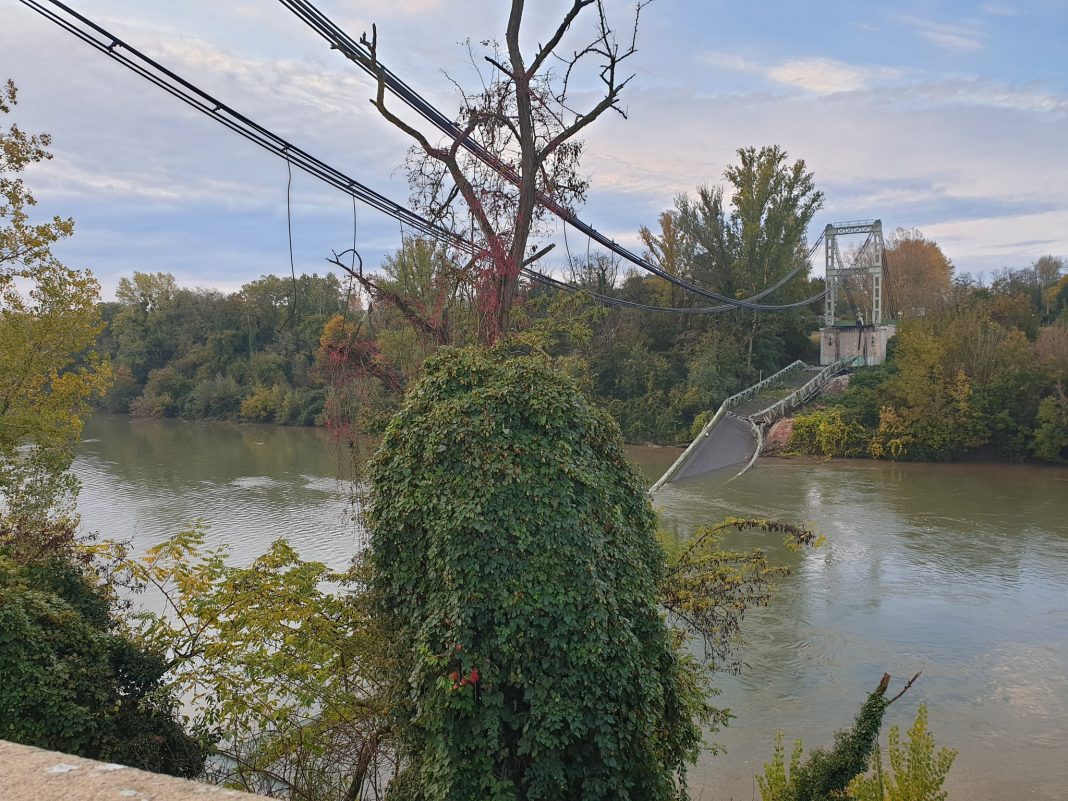At an Executive and Audit Committee meeting on May 16, the Board of Trustees discussed the University-wide implementation of a full neutrality model regarding all investments and partnerships with Portland State University. This discussion centered around the recommendations of the Committee on Socially Responsible Investments and Partnerships which was convened by PSU President Ann Cudd in May of 2024. This announcement followed the protests which took place at Millar Library that Spring and the passing of an ASPSU resolution to discontinue any affiliation with the company Boeing.
The committee is composed of students, faculty and staff and a report regarding their recommendations and findings was finalized in March of 2025. They specifically noted that any recommendations were not made in light of any specific partnerships, namely Boeing. Within the report PSU’s current relationship with Boeing was still addressed.
“It is important to note that PSU is not an investor in Boeing,” the report stated.
Rather than being an investor in Boeing, PSU has received approximately $750,000 in donations from Boeing over the past five years, according to the report.
“Let me point out that accepting donations [from Boeing] is on pause,” Cudd said in an interview with PSU Vanguard.
The committee proposed three models that would guide the University in matters regarding investments and partnerships. Looking towards other universities’ models, the committee identified three primary paths forward: the Active approach, the De Minimus approach and the Full Institutional Neutrality model.
The Active approach model incorporates social and environmental factors when making a decision on a partnership or potential investment. According to the report, the pros of this approach would be strengthening PSU’s brand, potentially increasing student and donor engagement and it aligns with stakeholders’ social and environmental concerns.
The De Minimus model would only allow limited investment screenings if they do not interfere with the rate of return. According to the report, this would be difficult to implement due to its potential for inconsistency and creating administrative complexity.
The Full Institutional Neutrality model, currently favored by administration, would have the university utilize only financial considerations when deciding upon investments and partnerships.
“Under this model, the University refrains from taking any action on its investments unless they are deemed fundamentally incompatible with the University’s core functions,” the report read. “Investment decisions are based solely on financial considerations, without social or environmental screening.”
According to the report, the only cons associated with this model are potential stakeholder backlash and potentially risking the university’s reputation as social concerns continue to face higher education.
“I recommended to the Board that they accept the Institutional Neutrality [model],” Cudd said. “I believe that’s the only path forward that really ensures free speech and academic freedom because it doesn’t take sides […] if you take sides in a political or social or ethical debate, then you chill the speech of those who would oppose that, especially if it’s the institution.”
Cudd also remarked that this model would bring longterm stability to our investments and bring confidence to those in partnership with the University.
“I think the administration is avoiding accountability and transparency by claiming ‘institutional neutrality,’” said Rowan Bean, ASPSU Vice President. “Students have been advocating for years of transparency, and we’ve been working for the last two years towards it, but to use this as a scapegoat is incredibly invalidating.”
The committee also recommended the PSU President establish a “Standing Committee” to serve as an advisory board that would provide a forum for community concerns regarding certain investments and partnerships to be addressed. According to the report, it would be composed of students, faculty, staff and potentially PSU and PSU Foundation Board of Trustees members.
Several key members of the Board of Trustees expressed support for the neutrality model, citing an alignment with the university’s core values.
“First, as a university, we are committed to freedom of expression, open inquiry, and diversity of thought, dialogue and advocacy,” said Benjamin Berry, Board of Trustees Chair. “Second, the institutional neutrality model emphasizes the university’s core mission—the academic mission. Third, institutional neutrality ensures stability and predictability for long-term partnerships and investments at the university, no matter the circumstances.”
Berry went on to note that an institutional refusal to take sides on divisive issues could yield additional benefits for the university.
“Fourth, it respects the diversity of opinions and aspirations represented within the university community by not allowing decisions to be biased or based on the political or social views of any particular group,” Berry said.
This sentiment was echoed by Academic and Student Affairs Committee Chair Wally Van Valkenburg, who serves on the Board.
“I think what we are seeing around the country is a recognition on the part of a lot of universities that it is not the role of the university to take sides on these divisive political and social issues,” Valkenburg said. “…the idea behind the institutional neutrality model is to not allow those sorts of divisive differences of opinions to affect companies we partner with or investments we make.”
Valkenburg made an additional comment criticizing the ideology behind the active approach, seemingly referring to Boeing and dismissing the controversy surrounding the university’s partnership with the company.
“…We have had an issue with one company in particular, there’s been a controversy around whether we ought to accept scholarship money from, and I just think it is extremely important for the university… to take that kind of debate off the table,” Valkenburg said. “There are lots of companies that some members of the university community may not want to work for… but it is a very slippery slope once you start going down that path to deciding which companies are worthy of contributing scholarships to PSU students and which are not.”
Other members of the committee criticized the approach, claiming the Institutional Neutrality Model is nothing new.
“If this is the approach that the board decides to take, I just would ask that we be careful about language and identify that this is just effectively continuing the approach that we have always taken,” said Vicki Reitenauer, Board of Trustees Faculty Member. “…so that we’re not sort of hiding behind this committee and suggesting that… we’re going to move forward this way.”
Board of Trustees Student Member AJ Romero-Gemmell raised concerns the approach could cause public backlash similar to the protest activity at Portland State’s Millar Library last Spring.
“I think to have us consider a full institutional neutrality approach just places us back where we were prior to the events of May and leaves us vulnerable to more distrust and more unrest within our campus community,” Romero-Gemmell said.
The Board of Trustees is set to vote on adopting the Full Institutional Neutrality model at a public board meeting on June 6, 2025.







